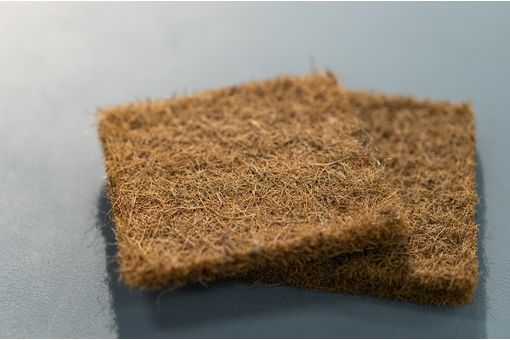Need to end slavery in Indian garment and textile sector
Over a dozen major western clothing retailers, including high-street stores Marks and Spencer, Mothercare and the supermarket Tesco, are sellingclothing made by girls in slavery in southern India, according to research launched by Anti-Slavery International.
‘Slavery on the high street’ finds five Indian clothing manufacturing companies supplying leading European and US brands, using the forced labour of young women and girls made to live in prison-like conditions in cotton spinning mills and factories around Tirupur, western Tamil Nadu.
The research is based on interviews with over 200 former workers of spinning mills and factories of five Indian clothing manufacturers: SP Apparel, Bannari Amman, SCM, Eastman and Prem Group. Export data from two Indian ports confirms dozens of major western brands purchasing garments from these companies.
The girls and young women interviewed as part of the research describe being forced to work 12-16 hours a day in prison-like conditions, many for well below the minimum wage, in poor conditions of health and safety, confined to the factory or mill even on rest days. The workers are rarely allowed visitors and even their calls home are monitored.
One young woman is known to have died trying to escape and another after not being given permission to leave a factory after falling ill. Many workers become ill from working with the cotton but are not given access to appropriate medical treatment.
Typically, workers are only allowed to leave the factory for a few days holiday each year. The workers feel compelled to return despite the terrible conditions because they believe they will receive a lump sum payment at the end of their three year contract. However, this ‘bonus’, which is typically equivalent to around a year’s pay, is almost never paid, either because the worker is unable to finish their contract because of ill health or because the management find a spurious reason to cancel their contract.
The Indian companies investigated recruit unmarried girls and women from poor ‘lower’ caste families to be spinners in their mills or workers in their factories. Around 60 per cent have a Dalit (“untouchable”) background. These companies are exploiting local marriage practices by offering a lump sum that could be used to pay for the marriage dowry of the worker.
The research shows that subcontracting, a common, near universal business practice, combined with poverty, discrimination, insufficient and in some cases corrupt law enforcement facilitates slavery in garment supply chains. The international brands implicated are proving disinterested in identifying slavery practices or ensuring that subcontracted suppliers are compliant with companies’ stated codes of conduct and international minimum labour standards.
































-Ltd..jpg?tr=w-120,h-60,c-at_max,cm-pad_resize,bg-ffffff)





.jpg?tr=w-120,h-60,c-at_max,cm-pad_resize,bg-ffffff)
.jpg?tr=w-120,h-60,c-at_max,cm-pad_resize,bg-ffffff)






